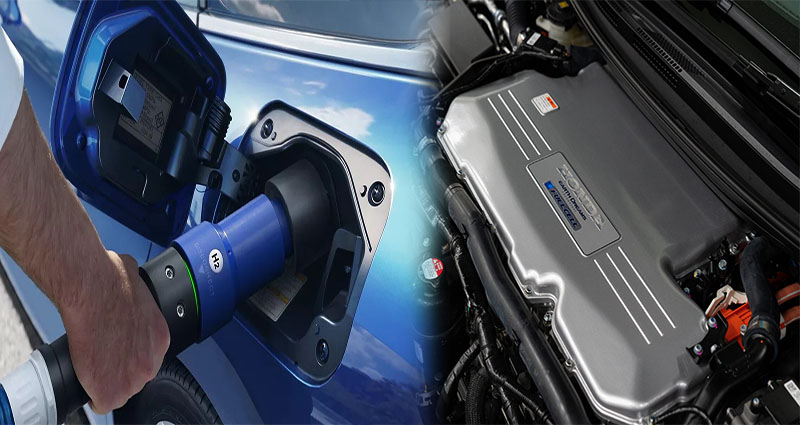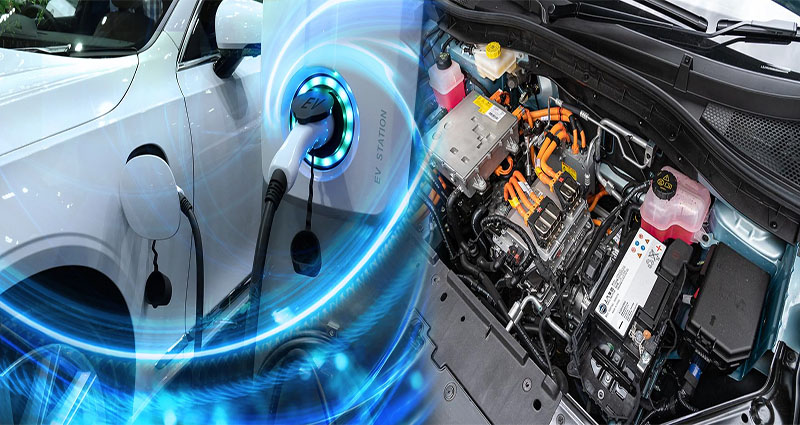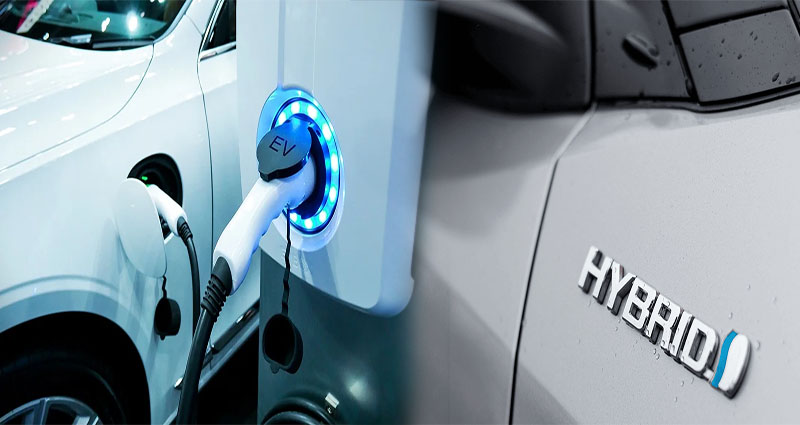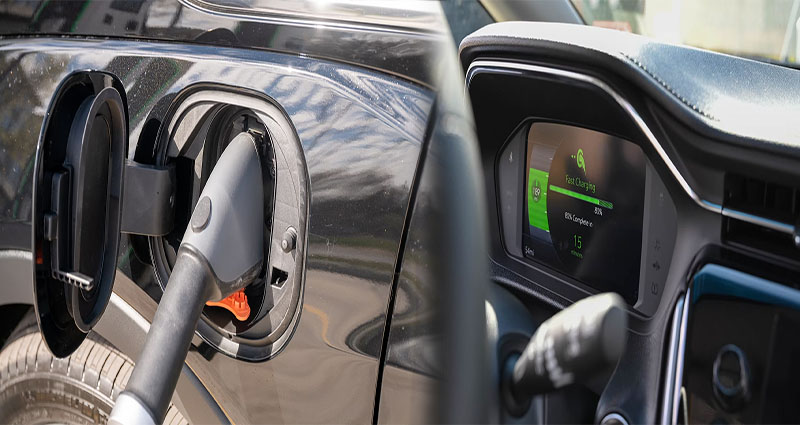Exploring Fuel Cell Electric Vehicles (FCEVs)
Fuel Cell Electric Vehicles (FCEVs) are emerging as a promising alternative to traditional petrol and diesel-powered vehicles. Powered by hydrogen fuel cells, FCEVs offer zero emissions, extended driving range, and fast refueling times, making them a viable solution for sustainable transportation. Let’s delve deeper into the world of FCEVs and explore their benefits and challenges.
What Are Fuel Cell Electric Vehicles (FCEVs)?
FCEVs are vehicles that use hydrogen fuel cells to power an electric motor, offering a clean and efficient form of transportation. In an FCEV, hydrogen gas is supplied to the fuel cell, which combines it with oxygen from the air to generate electricity. This electricity then powers the electric motor, propelling the vehicle forward.
The Benefits of Fuel Cell Electric Vehicles (FCEVs)
- Zero Emissions: FCEVs emit only water vapor as a byproduct of the chemical reaction in the fuel cell. This makes them a truly zero-emission vehicle, contributing








